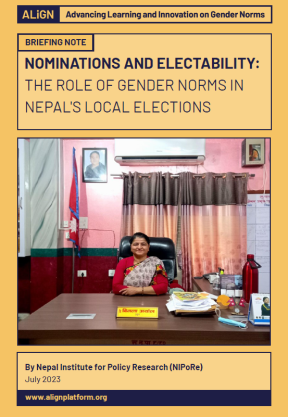- Briefing paper
- 16 October 2023
Gender norms in local government: how they shape engagement for women leaders in Nepal
- Author: Janaki Women Awareness Society
- Published by: ALIGN, Janaki Women Awareness Society

Since 2017, Nepal’s local government elections have complied with a mandatory Constitutional provision for a quota of seats for women. As a result, more women are able to run as candidates and be elected as leaders in the local government elections. This qualitative research, conducted by Janaki Women Awareness Society (JWAS), investigated the challenges faced by women leaders elected in 2017 to local governments, and their perspectives on prevailing gender norms and the way these norms shaped their engagements in local governments.
The following research questions were investigated:
- How have gender norms in local governments shaped women leaders' engagement as decision-makers?
- What are the gender norms that underpin misogynistic attitudes and practices that influence the engagement of women leaders in local government?
- What actions can be taken by recently elected women leaders to transform prevailing gender norms in local government?
Key findings
- Since the introduction of quotas in 2017, many more women have been nominated and elected as leaders in local elections in Nepal.
- To comply with the mandatory provision of a female candidate for either mayor/chairperson or deputy mayor/vice chairperson from the same political party, local political leaders in some parts of Nepal’s central southern region nominated their own wives and close female relatives as candidates. When these women won, their husbands or male relatives were found to be attending meetings, dealing with issues and influencing decisions.
- From their childhood, men and women in Nepal are socialised to expect women to be homemakers. Women leaders encounter disregard and criticism when they challenge such expectations and often face discriminatory words and behaviour from men leaders.
- Deep-rooted patriarchal beliefs, behaviours and mindsets often compel women to see themselves as ‘women’, rather than ‘women leaders’. As a result of discriminatory gender norms, men leaders doubt and distrust women’s leadership qualities and decision making capacity. At the same time, women leaders report that men leaders often claim credit for the good leadership of women leaders.
- This study finds that women’s education is the most important element in strengthening the impact of their leadership. Conversely, the intersectional vulnerabilities faced by many women continue to shape their meaningful engagement in local governments.
- The 2022 local election results have maintained the level of women's representation. However, their performance will also be shaped by gender norms. Building on the experiences of previous cohorts of women leaders in local government, it is crucial for today’s cohort to address the gender norms that are embedded in political institutional practices, as well as the attitudes and practice of male local government representatives and citizens alike.
- Countries / Regions:
- Nepal
Related resources
2 November 2020
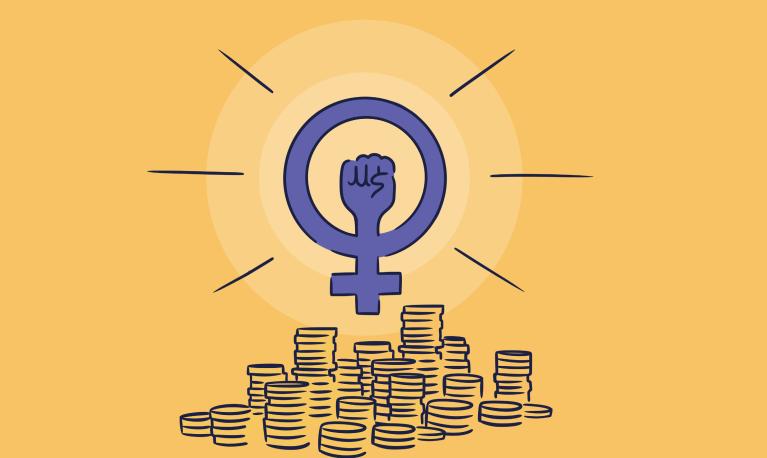
6 July 2023
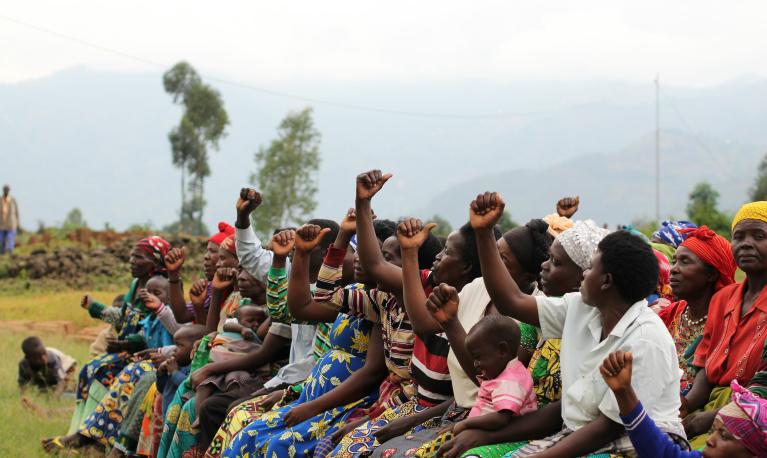
Blog
20 November 2023
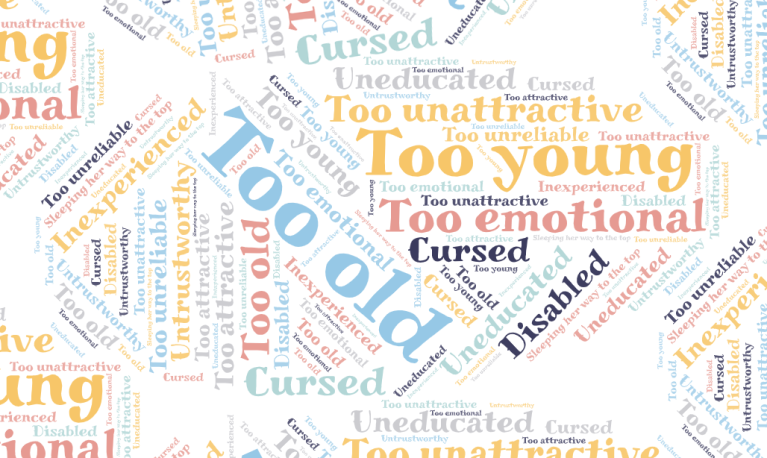
Briefing paper
30 October 2023
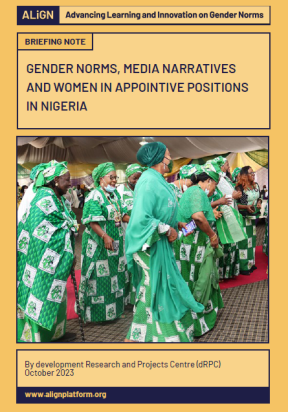
Briefing paper
2 October 2023

Briefing paper
2 October 2023
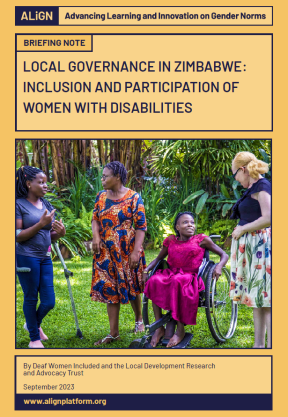
Briefing paper
26 September 2023
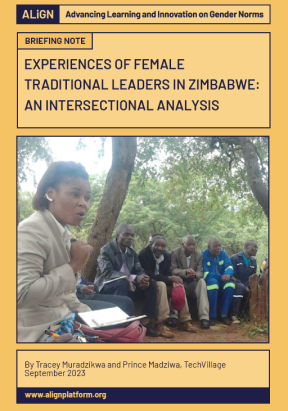
Briefing paper
21 September 2023
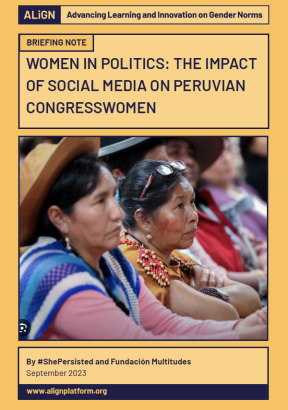
Briefing paper
13 July 2023
